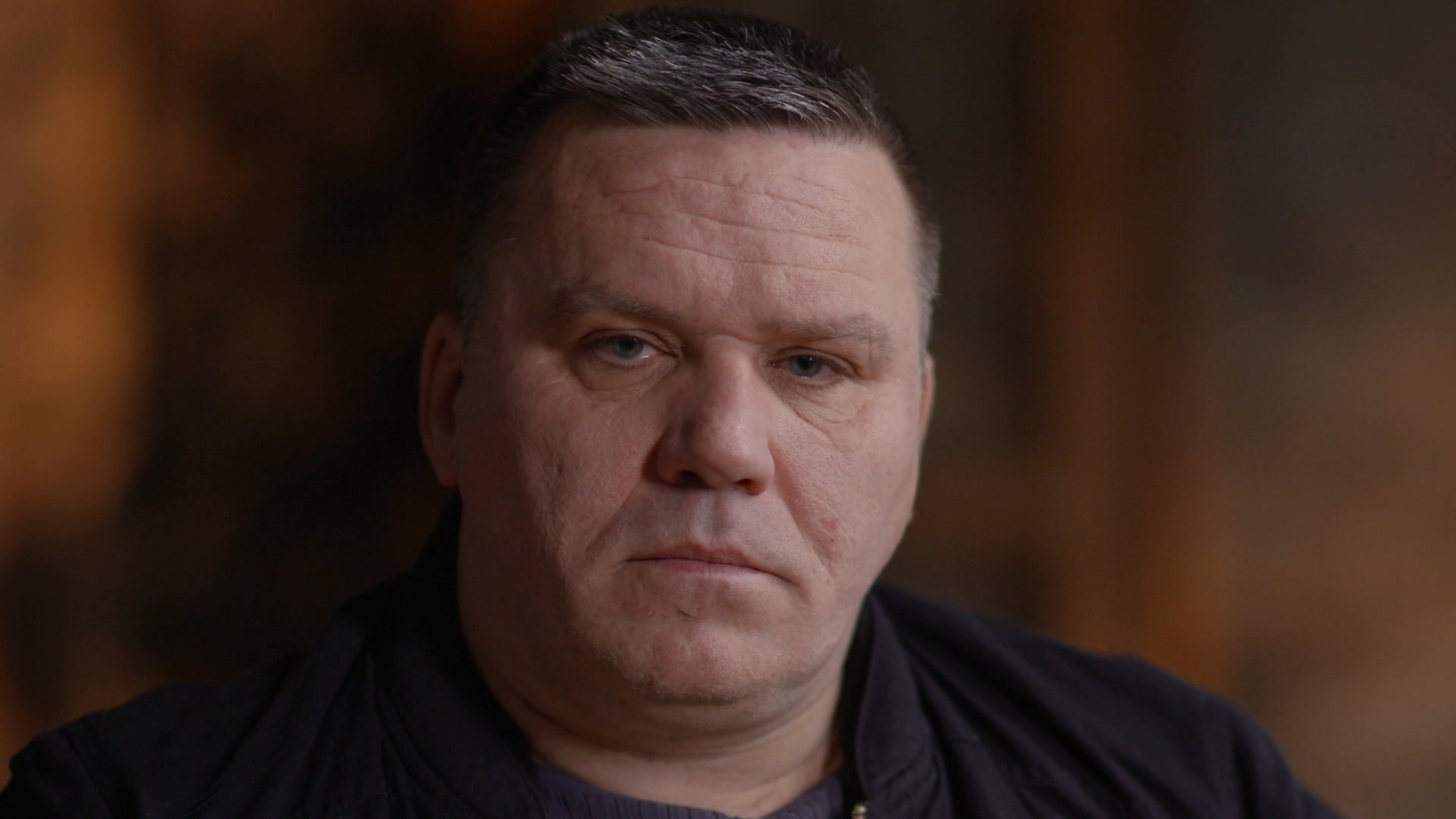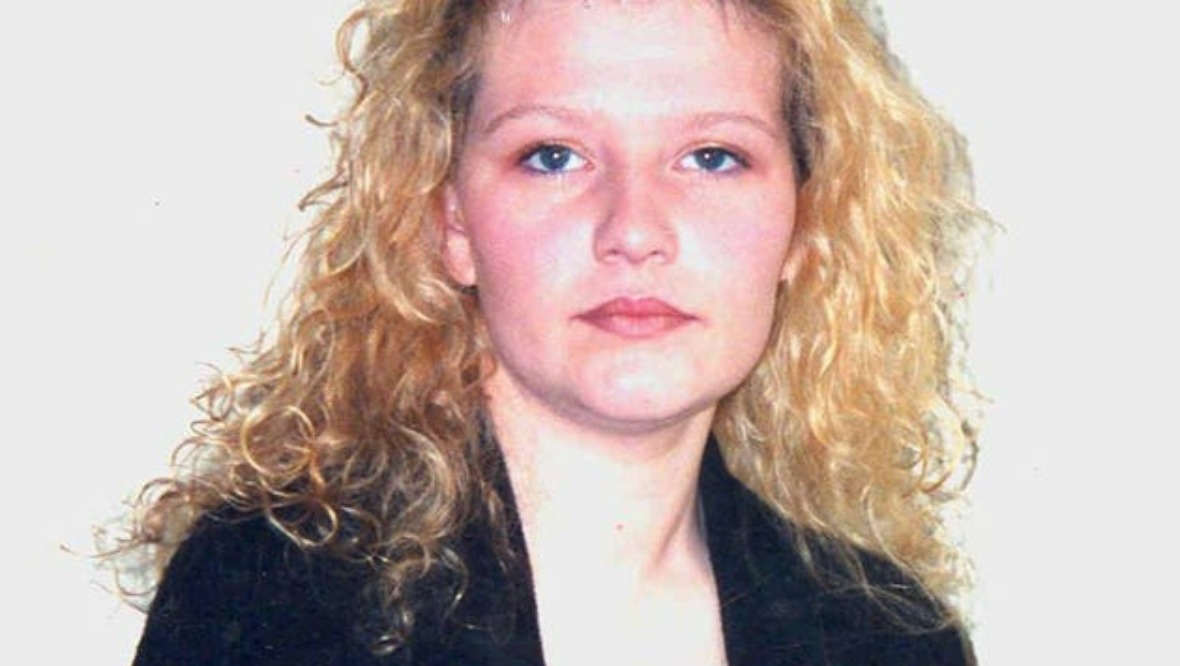The strangulation and murder of Emma Caldwell was the “most horrifying chapter” in an “appalling course of sexual violence” by Iain Packer over the course of two decades, a prosecutor has told a jury.
Packer, 51, is on trial accused of murdering Miss Caldwell, 27, who went missing in Glasgow on April 4, 2005 and whose body was found in Limefield Woods, near Roberton, South Lanarkshire, the following month.
He faces a total of 36 charges involving offences against 25 women, all of which he denies.
Concluding his closing speech at the High Court in Glasgow on Tuesday, prosecutor Richard Goddard KC said there was “little dispute” that circumstances, taken together, suggested Miss Caldwell had been murdered.
 BBC Scotland Disclosure, Who Killed Emma?
BBC Scotland Disclosure, Who Killed Emma?Focusing on the final two charges of murder and attempting to defeat the ends of justice, Mr Goddard took jurors through 17 pieces of circumstantial evidence that had been heard throughout the trial.
The court heard Packer had gone out with the “purpose” of using a sex worker between April 4 and 5 2005 and, earlier on April 4, he phoned the Club Royal Sauna in Glasgow and withdrew £20.
Jurors also heard Packer was an “obsessive” and “violent” user of sex workers and had an “unhealthy addiction” to procuring their services.
Mr Goddard said Packer would use saunas three to four times a week and, in the month leading up to Miss Caldwell’s disappearance, he made 60 calls to one sauna in a single day and on another day he made 21 calls.
The prosecutor said choking was an “extraordinary feature” of Packer’s alleged attacks on women.
Mr Goddard said Packer was a “problematic client” of Emma Caldwell’s, with a witness saying he “used to follow her about” and that, once he started going with Emma, the witness said she could not remember Packer “going with anyone else” and described him as “besotted” with her.
The location where Miss Caldwell’s body was found, Limefield Woods, was described by Mr Goddard as the “most compelling circumstance of all in this case”.
He said Miss Caldwell’s body was recovered in an area that was “extraordinarily remote” from the streets of Glasgow.
Mr Goddard said there was “no evidence” of anyone else taking a particular interest in the location that Packer said was a “random place” he “happened upon”.
The prosecutor suggested Packer had lied to police officers and a BBC journalist and was unable to give a “straight answer”, noting changes in his story from his police statements to when he gave evidence in court.
Mr Goddard said: “(Packer) told lie after lie to officers trying to get to the bottom of what happened.
“He has every reason to hide the truth.”
He added: “The fact of the matter is, there isn’t a single statement where the accused hasn’t told lies. Not one.
“When does the time come when the truth is to be told?
“You cannot believe a word that comes out of Iain Packer’s mouth.”
Mr Goddard said soil analysis taken from Packer’s vehicle and the site where Miss Caldwell’s body was found was the “most damning” evidence against Packer.
The court previously heard from forensic scientist Lorna Dawson who said samples taken from Limefield Woods and samples taken from Packer’s van had a 97% rate of accuracy for a match.
This was, Mr Goddard said, as high a rate of accuracy as was possible to achieve.
Concluding, Mr Goddard said: “The strangulation and murder of Emma Caldwell was the most horrifying chapter in an appalling course of sexual violence towards women which lasted more than two decades.
“The conclusive strength of these 17 circumstances that we have that co-exist together, they all point the same way.
“Iain Packer was responsible for the death of Emma Caldwell.
“The right thing to do is to convict the accused of the charges on the indictment.”
Giving evidence, Packer denied the charges and claimed his alleged victims were all lying.
Defending Packer, Ronnie Renucci KC cast doubt on the testimonies of many of the women in his closing speech.
He told the court: “I am not an apologist for Iain Packer.
“I do not stand here asking you to like him.”
He urged the jury to be fair to Packer.
Mr Renucci said Packer was not trying to be obstructive in police interviews in which the crown had accused him of lying.
He put it to the jury that many of the complainers were either mistaken or they had gotten the wrong man.
He said: “We don’t know all of the women are telling the truth.
“We should be wary of accepting evidence from any witness at face value.”
Mr Renucci also claimed that some of the women had been influenced to accuse Packer because of the BBC documentary in 2015 and posts on social media.
The trial, before Lord Beckett, continues.
Follow STV News on WhatsApp
Scan the QR code on your mobile device for all the latest news from around the country





























